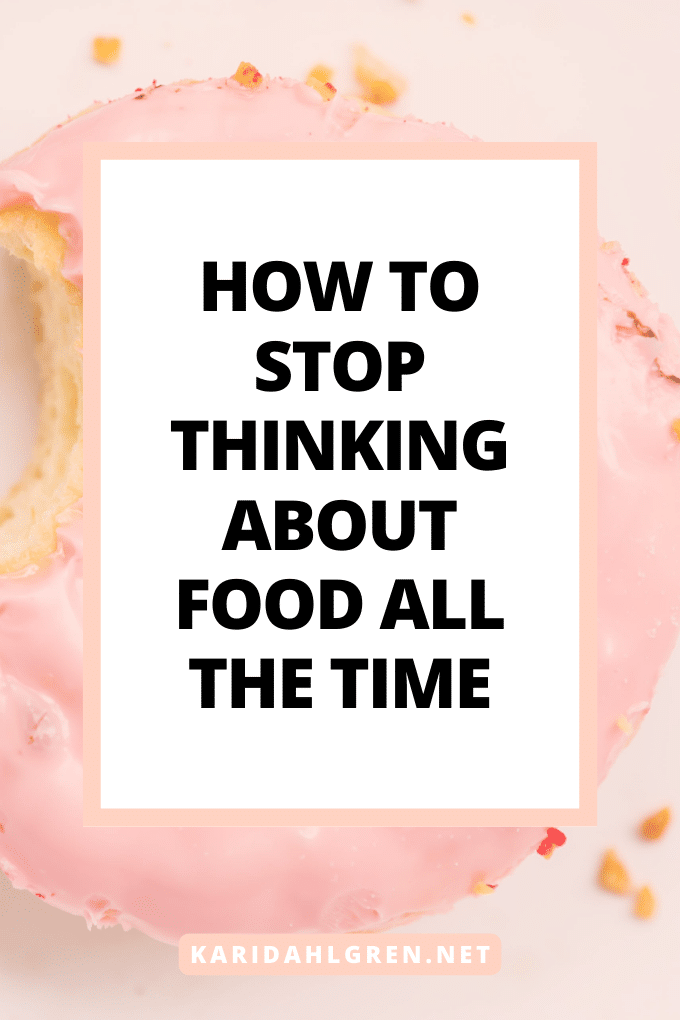
The human body is wired to constantly think about food when eating becomes restricted. Not only is this a biological response to food scarcity, but it’s psychological too. People tend to want what they can’t have, which partially explains why dieters feel like they’re always thinking about food.
If you want to learn how to stop thinking about food, eating psychology can play a strong role. The types of foods that you eat influence your thoughts about food, but the psychological influence of restriction plays an equal if not stronger role. If you’re always thinking about food and want to stop, unpacking both your diet and your psychology can help.
In this guide, you’ll discover evidence-based reasons for feeling preoccupied with food. At the end, I’ll share some tips for learning how to stop thinking about food and get back to life.
Evidence-Based Reasons for Always Thinking About Food
Food is more than just fuel for our bodies; it’s intertwined with our emotions, habits, and culture. Understanding why we constantly think about food can help us develop a healthier mindset — one where we aren’t constantly bogged down by thoughts of food.
Here are some compelling reasons for always thinking about food:
Hunger Hormones
In our bodies, two key hormones play a crucial role in regulating hunger: ghrelin and leptin. Ghrelin, often referred to as the “hunger hormone,” signals to the brain when it’s time to eat. Leptin, one of the more notable “fullness hormones,” sends a signal to the brain indicating fullness and the need to stop eating. When these hormones are in balance, they help maintain a healthy appetite.
However, certain eating patterns, such as restrictive eating, can disrupt this balance. Clinical studies have shown that constant dieting or restricting food intake can increase ghrelin levels, making you feel hungrier, while simultaneously reducing leptin levels, making it harder to feel satisfied after eating.[1] This hormonal imbalance can create a cycle of constant hunger, which can trigger constant thoughts about food.
Various health conditions can also influence appetite-regulating hormones. For instance, conditions like obesity, diabetes, and polycystic ovary syndrome (PCOS) can lead to leptin resistance, where the body doesn’t respond properly to leptin’s signals.[2] This can lead to increased hunger and thoughts about food. Similarly, stress and lack of sleep can elevate ghrelin levels, fueling constant thoughts about food.[3]
Weight Loss Ironically Increases Thoughts About Food
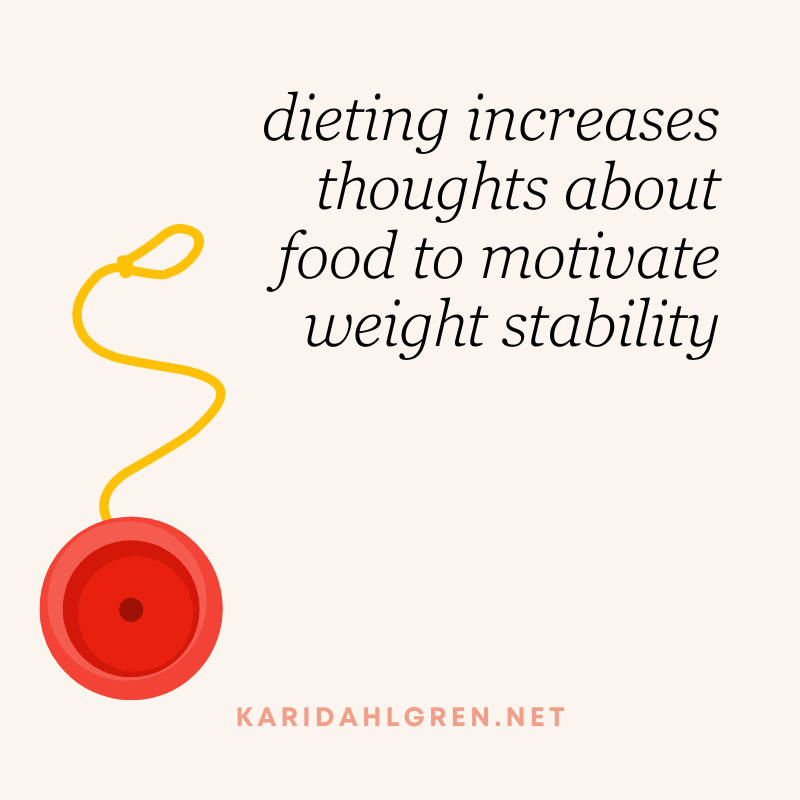
When we embark on a weight loss journey, it’s natural to think that focusing on our diet and cutting calories will lead to success. However, this approach can ironically increase thoughts about food due to a concept known as the set point weight theory.
This theory suggests that our bodies have a natural weight range, or “set point,” that they strive to maintain. When we attempt to lose weight, especially through restrictive dieting, our bodies perceive this as a threat and trigger biological reactions to counteract it.[4]
One of these reactions is a shift in appetite-regulating hormones, as we discussed earlier. This hormonal shift is our body’s way of encouraging us to eat more and regain the lost weight, which can lead to constant thoughts about food. Additionally, metabolism may slow down as the body tries to conserve energy, making it even harder to lose weight and easier to gain it back.[5], [6]
“Hyperpalatable” Treats Trigger Increased Thoughts About Food
Hyperpalatable foods include those high in fat, carbs, salt, or sugar. Some examples include treats like chips, cookies, and donuts. If you feel like you’re always thinking about food and you struggle particularly with hyperpalatable foods, it could be partially caused by food itself.
Within the brain there is an intricate network of neurotransmitters that reinforce positive behaviors – like eating – by associating them with feelings of pleasure. The central player in the reward system is dopamine, the “feel good” neurotransmitter.[7]
When you eat delicious and hyperpalatable foods, the brain releases dopamine and triggers feelings of pleasure and satisfaction. Many of us are familiar with this pattern when we “eat for pleasure.” The dopamine hit from eating hyperpalatable foods like cookies and chips reinforces the behavior and encourages you to repeat it in the future.
Lack of Satisfaction from Meals
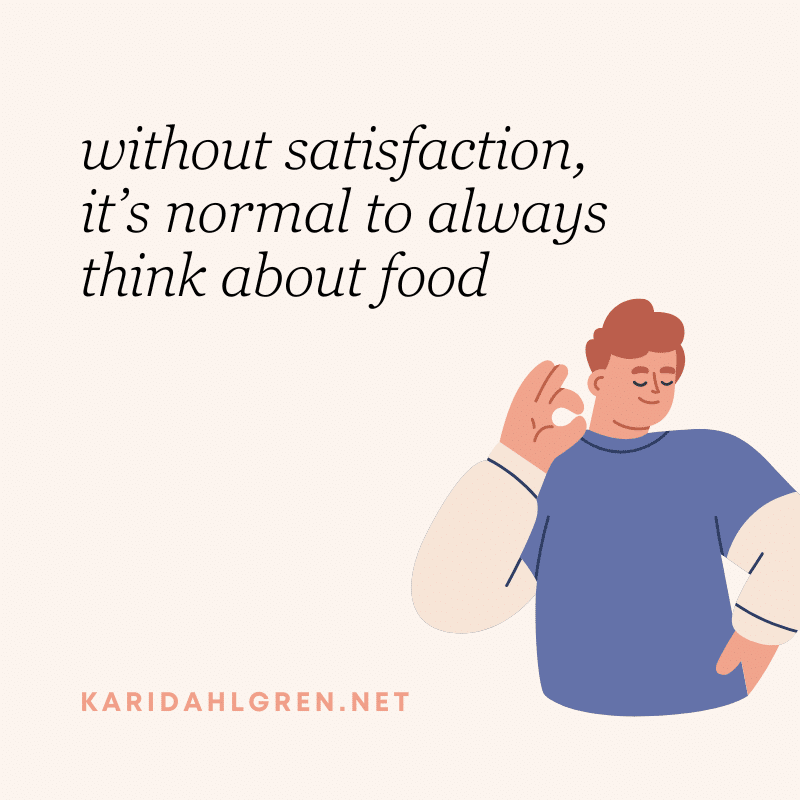
Satisfaction is a crucial element in eating that goes beyond just filling our stomachs. It’s about enjoying the flavors, textures, and overall experience of a meal. In the context of hyperpalatable foods, which are designed to trigger pleasure and satisfaction, it’s important not to demonize them. These foods can be a part of a balanced diet, and it’s helpful to understand their impact on our thoughts about food.
When we don’t find satisfaction in our meals, we can face the psychological backlash of restrained eating, which often leads to a preoccupation with food.[8] It might seem like a catch-22: hyperpalatable foods increase thoughts about food, but lacking satisfaction in our meals can lead to the same outcome. However, we’ll resolve this puzzle later when we explore more precise steps to stop thinking about food.
Emotional Eating
Emotional eating is a common response to negative emotions such as stress, boredom, sadness, and anxiety. When we’re feeling down or overwhelmed, food can provide a temporary sense of comfort or distraction. This is because negative affect, or unpleasant emotions, is often associated with overeating.[9] Our brains are wired to seek pleasure, and food — especially high-calorie or sugary treats — can offer that quick burst of dopamine.
However, if someone is trying to lose weight or avoid overeating, they may resist the urge to use food as a buffer against negative emotions. This resistance can lead to increased thoughts about food, creating a cycle of emotional eating and constant thoughts about food. It’s a challenging situation, as the more we try to suppress our thoughts about food, the more they can persist.[10]
How to Stop Thinking About Food All the Time
Always thinking about food can be exhausting and distracting. It can even take a toll on your mental health if you’re trying to resist constant thoughts about food. To address persistent thoughts about food, a holistic approach can help — one that addresses both your diet and eating psychology.
Here are some strategies to help get food off your mind:
1. Make Sure You’re Eating Enough
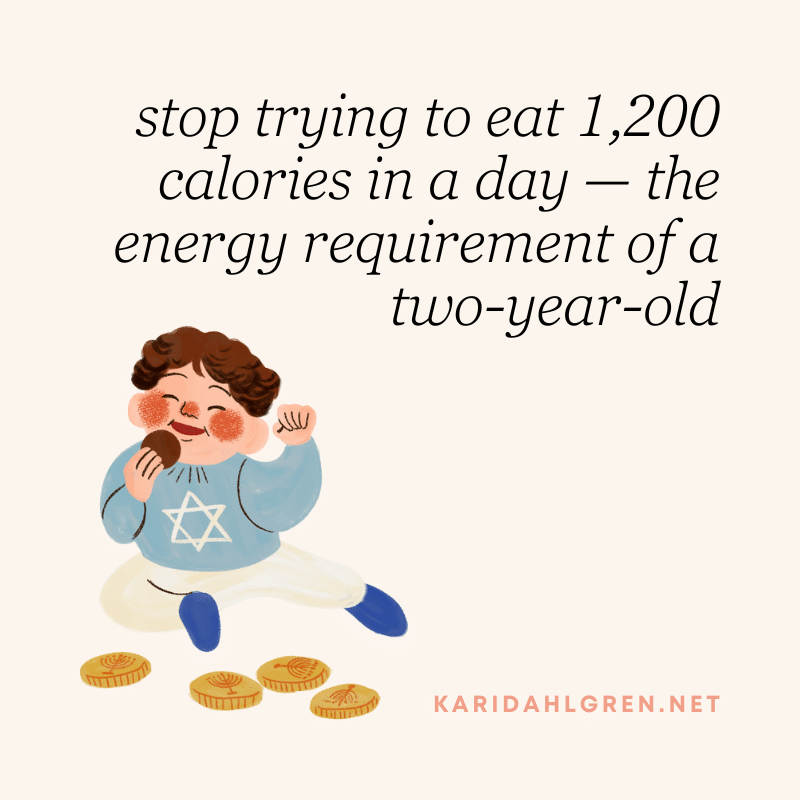
Diet culture has long perpetuated the idea that lower calorie intake is the key to weight loss, leading many to aim for calorie goals that are unsustainable and unhealthy. For example, some people target a daily intake of 1,400 calories, which is barely above the nutritional needs of a 2-year-old child, who requires around 1,200 calories.[11] This approach not only deprives the body of essential nutrients but also reinforces a cycle of restriction and overeating.[12]
Restrained eating, or consistently consuming fewer calories than your body needs, can significantly increase thoughts about food.[13] While this approach might result in short-term weight loss, the long-term outcome is typically weight regain.[14] This is because the body adapts to reduced calorie intake by slowing down metabolism, making it harder to lose weight over time.[15]
It is an uphill battle to try and reduce thoughts about food while also limiting food intake and dealing with increased hunger hormones. When you’re hungry, eat. When you’re full, stop. If you struggle with stopping at fullness, address emotional eating holistically by addressing the root issue. This approach can help reduce constant thoughts about food and promote a healthier relationship with eating.
2. Address Emotional Eating Directly
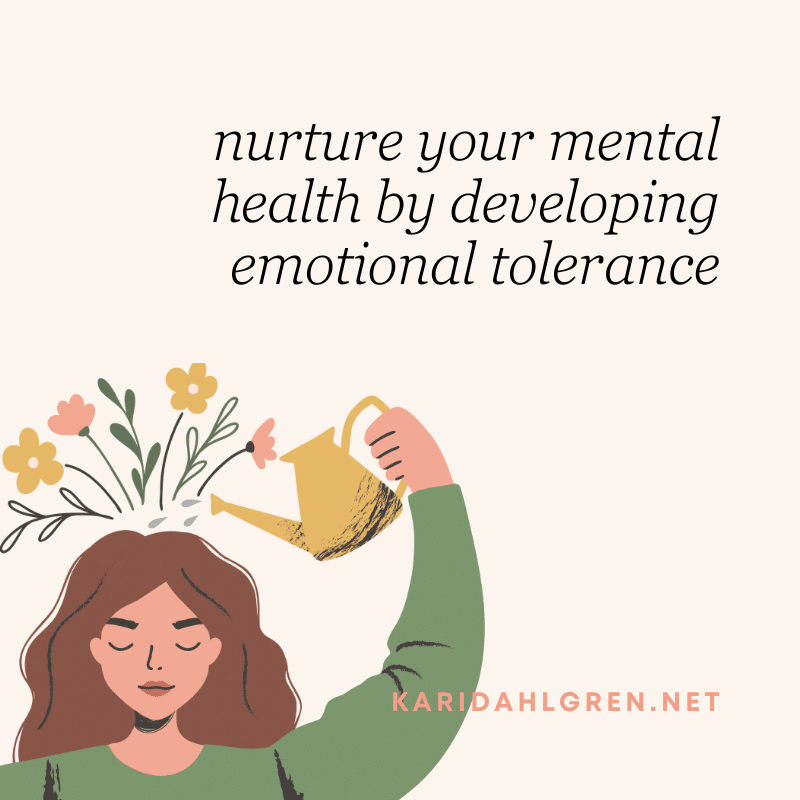
Addressing emotional eating directly is key when it comes to learning how to stop thinking about food. Often, when we’re not physically hungry but still find ourselves fixated on food, it’s because we’re using it as a coping mechanism to distract from uncomfortable emotions. One effective tool to manage this is ‘urge surfing.’ This technique involves making space for the craving or preoccupation with food and getting curious about the underlying emotions.
As you practice urge surfing, you’re likely to encounter an uncomfortable emotion that’s driving the urge to eat. By holding space for this discomfort and exploring it, you’re training yourself in ‘emotional tolerance,’ or distress tolerance, which is associated with reduced overeating.[16] This ability to sit with and tolerate emotional discomfort is crucial for breaking the cycle of emotional eating and constant thoughts of food.
Over time, as emotional tolerance increases, you’ll find that you’re not always thinking about food anymore because you’re no longer relying on food as a primary coping mechanism. Instead, you’re developing healthier ways to manage your emotions, reducing the need to turn to food for comfort.
3. Reduce Stress, Including the Stress of Counting Calories
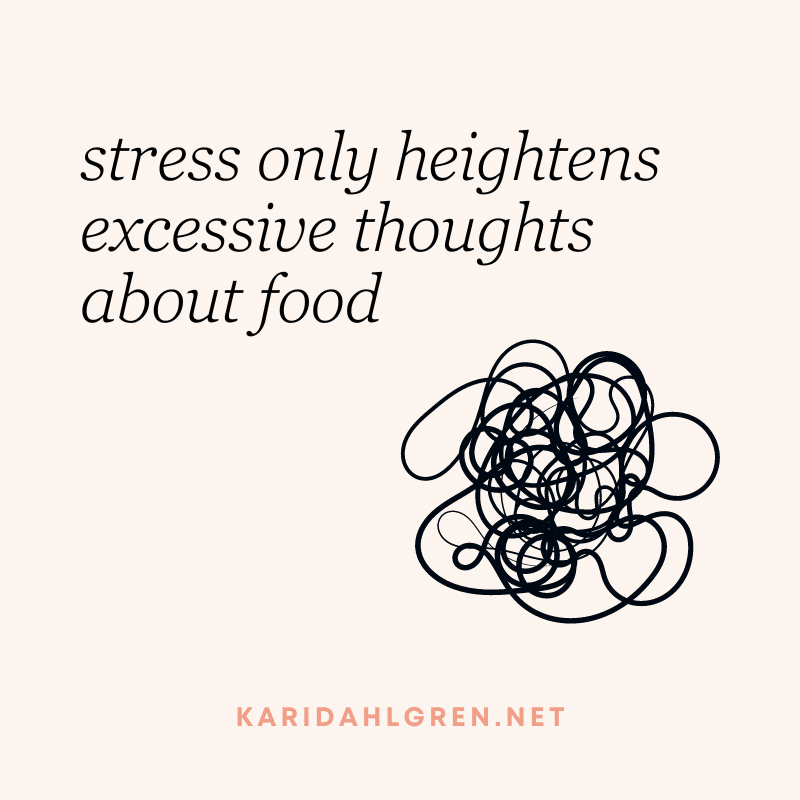
Stress can often exacerbate unhealthy coping mechanisms, such as a preoccupation with food and overeating, creating a vicious cycle. One surprising source of stress can be the very act of counting calories. A clinical study found that counting calories can increase levels of cortisol, the body’s primary stress hormone.[17] This added stress, combined with the ineffectiveness of restrained eating, explains why calorie-counting programs like Weight Watchers often don’t result in long-term weight loss and perpetuate preoccupation with food.
Instead of counting calories to control food intake, a more sustainable approach is intuitive eating. Intuitive eating encourages listening to your body’s hunger and fullness cues, eating foods that satisfy you, and rejecting the diet mentality. Intuitive eating has been shown to improve eating habits, body image, depression, anxiety, self-esteem, and overall quality of life.[18]
Intuitive eating was also shown to help reduce negative affect, potentially due to the absence of deprivation typically associated with dieting. This reduction in negative emotions can be particularly beneficial when addressing emotional eating, as it eases the process of managing uncomfortable emotions without turning to food as a coping mechanism. By embracing intuitive eating, you can break free from the stress of counting calories and stop thinking about food all the time.
4. Ease Off the Food Rules
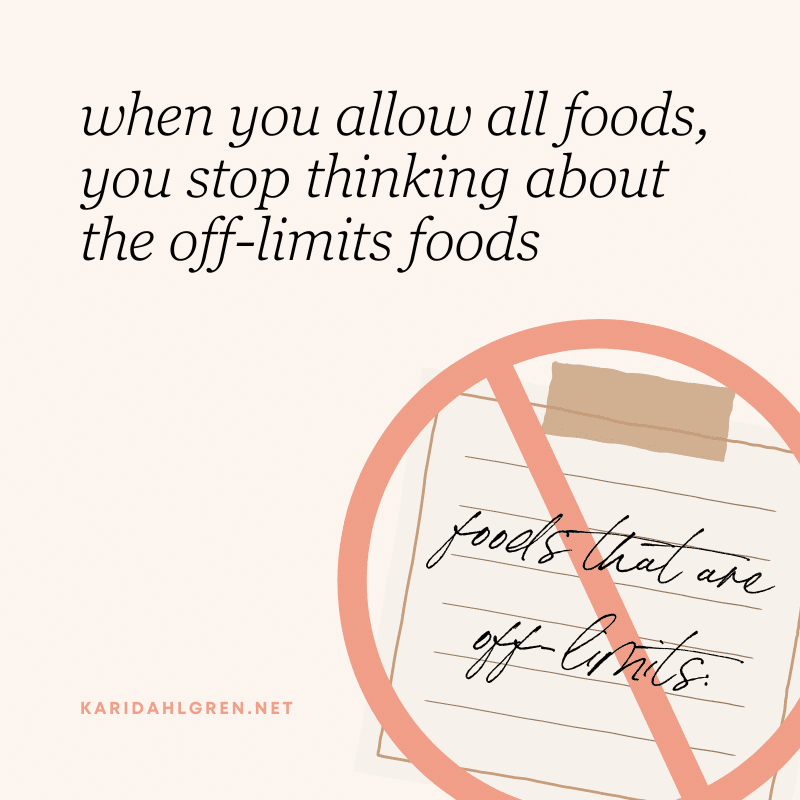
Many clinical studies have shown that when we create strict food rules and label certain foods as off-limits, we actually end up thinking about those foods more often.[8], [10], [19], [20] It’s understandable to feel apprehensive about allowing all foods into your diet, especially if you’re used to restricting certain items. However, embracing food freedom can lead to surprising results.
Consider the phenomenon of “eating around” a craving. When we deny ourselves the food we’re truly craving, we often end up eating other foods in an attempt to satisfy that craving, only to eventually give in and eat the craved food anyway. This can result in consuming more food overall than if we had simply allowed ourselves to eat what appealed to us in the first place.
Most importantly, when we stop creating rules around certain foods, it can help reduce thoughts about food in the long run. In the short term, anxiety may temporarily increase if giving up food rules triggers fear over allowing formerly “forbidden foods.” One way to address this anxiety is to anticipate the stages of giving up dieting.
5. Anticipate the Stages of Giving Up Dieting
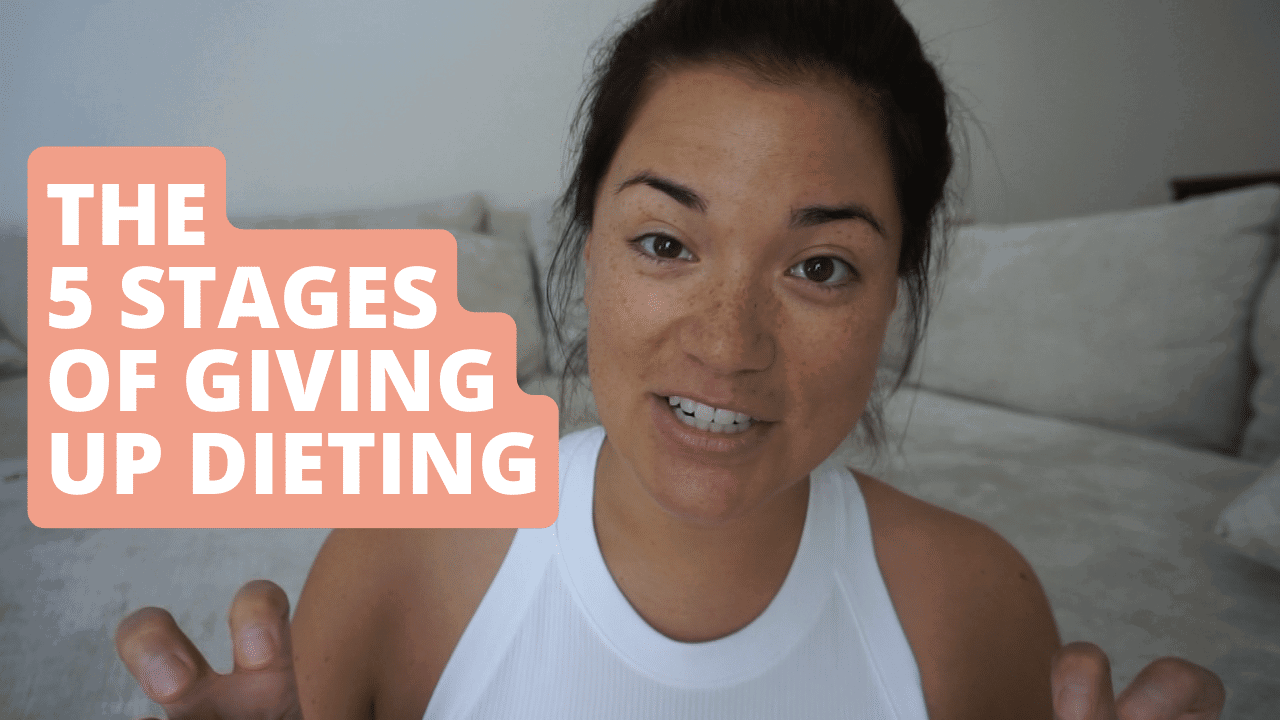
When giving up dieting and food rules — a counterintuitive but crucial step for learning how to stop thinking about food all the time — it’s common to experience a “rebellion” phase. This is the second stage of giving up dieting, as I mention in the video above.
The Rebellion phase is characterized by a strong desire to indulge in previous “forbidden foods” as a natural response to the deprivation of dieting. As a recovered compulsive eater and eating psychology coach, I have witnessed this pattern in myself and many others. Although it is a purely observational step, it is backed by the science of the restrict-binge cycle. By giving up dieting, we aim to cut off this cycle at its source.
The key is to stay fully committed to allowing all foods, as keeping one foot out the door (e.g. “all foods are allowed just not sugar”) can trigger restriction and perpetuate the restrict-binge cycle, keeping you stuck in the Rebellion phase. Although this process can trigger anxiety, keep in mind that it’s temporary. Embracing all foods as equal can lead to more balance in the long run, where you’re not thinking about food 24/7 anymore.
Only Thinking About Food When You’re Hungry
Learning how to stop thinking about food all the time is a journey that involves understanding and addressing both the biological and psychological factors that drive your eating behaviors. From hunger hormones to emotional eating, each aspect plays a crucial role in your relationship with food.
By making sure you’re eating enough, addressing emotional eating directly, and embracing food freedom, you can begin to break free from constant preoccupation with food. As you implement these strategies, you can get back to enjoying your life without constantly resisting thoughts of food.

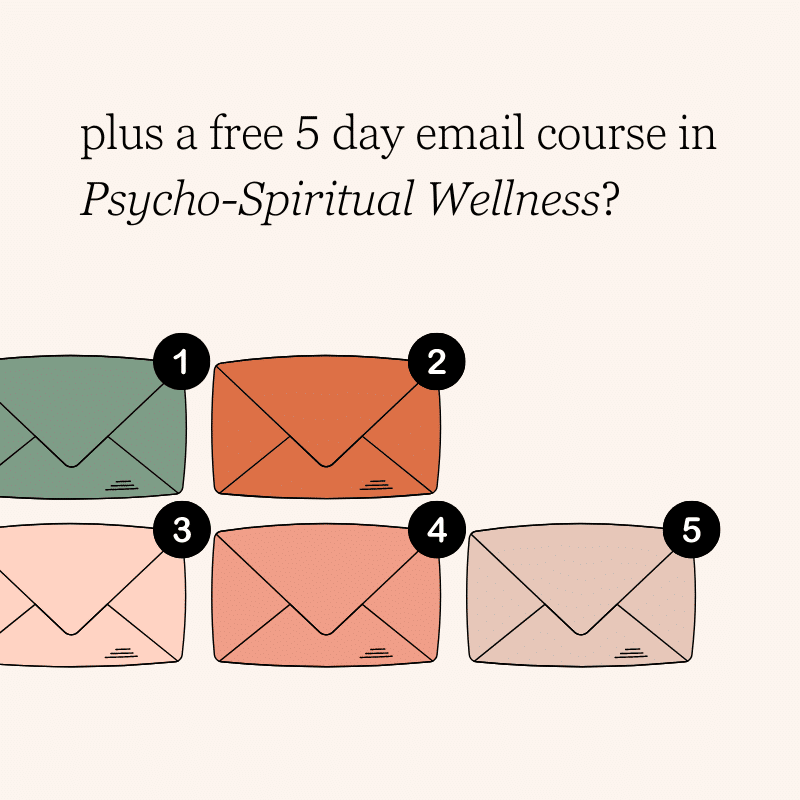
![best seller [cover of Why We Do the Things We Do]](https://karidahlgren-net.b-cdn.net/wp-content/uploads/2023/09/why-we-do-the-things-we-do-1.png)
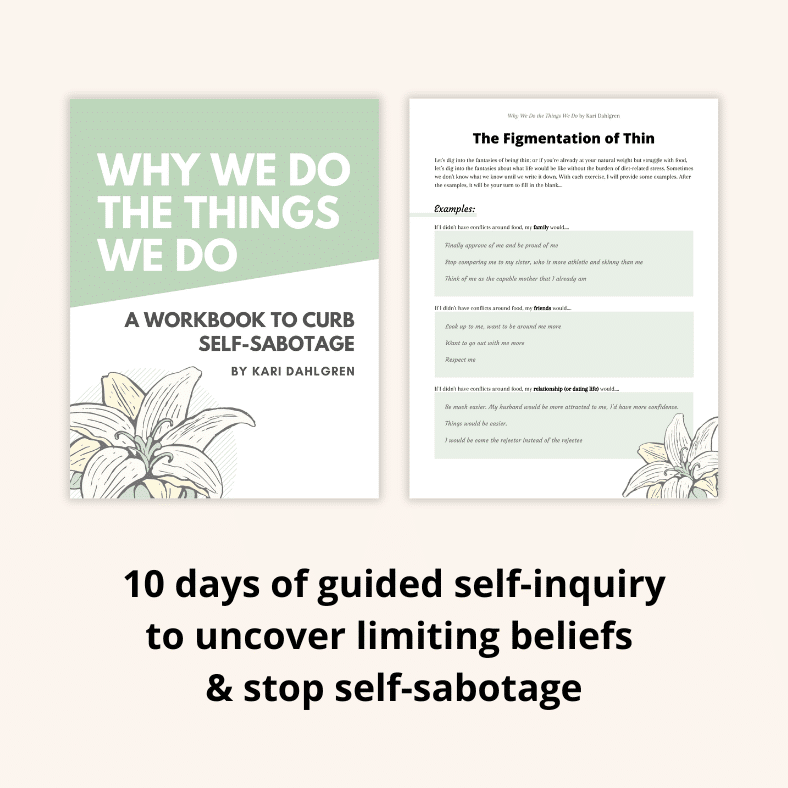
But if you’re trying to lose weight, which I have been by restricting and fasting and doing keto (all of which I have stopped, except the restricting), then how do you lose weight? I only know what has worked for me thus far. I’m trying to lose my last 20 lbs but I’m struggling ever since I stopped keto and fasting.
Hi Lea! This is a fair question and a great question. And you’ve inspired me to write a blog post specifically on that topic. In the meantime, I think you may find ‘set point weight theory’ relevant to your question. I wrote about that at length here: https://karidahlgren.net/set-point-weight/ Aside from that, I personally believe that weight loss naturally happens once compulsive eating is addressed, if the person is truly above their natural weight. The Stop, Drop, & Feel is the ideal tool to help with that: https://karidahlgren.net/stop-drop-feel/ If you keep an eye on the blog, you’ll see an article that expands on all of this soon. Thank you for asking a great question!